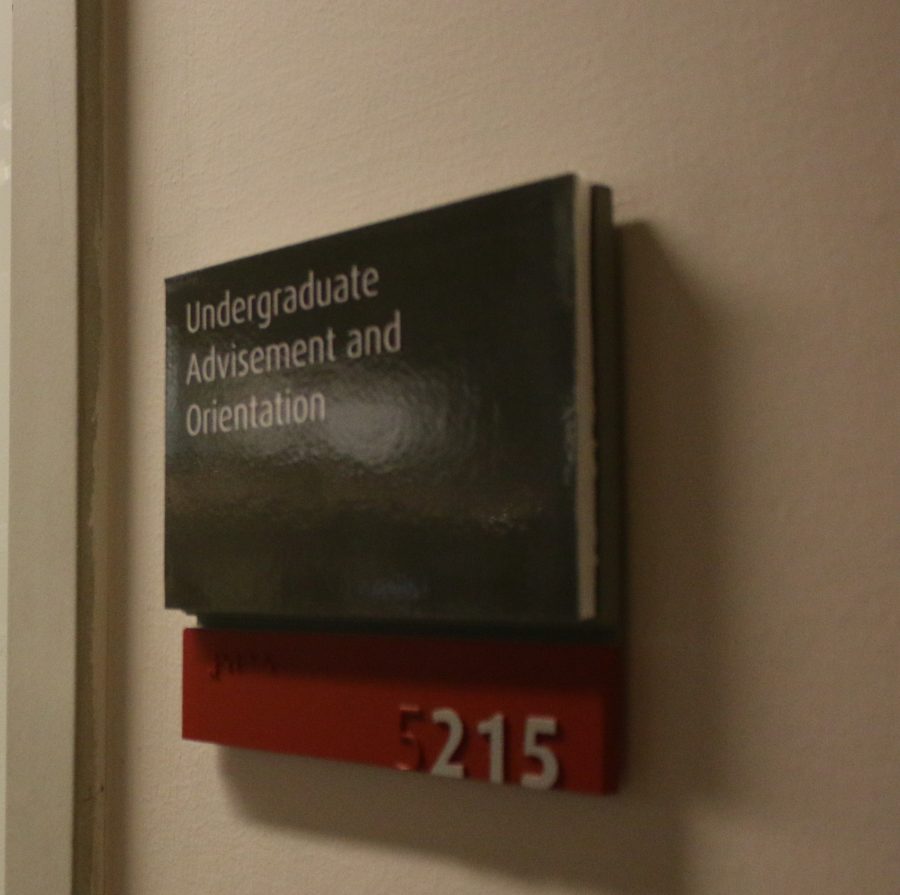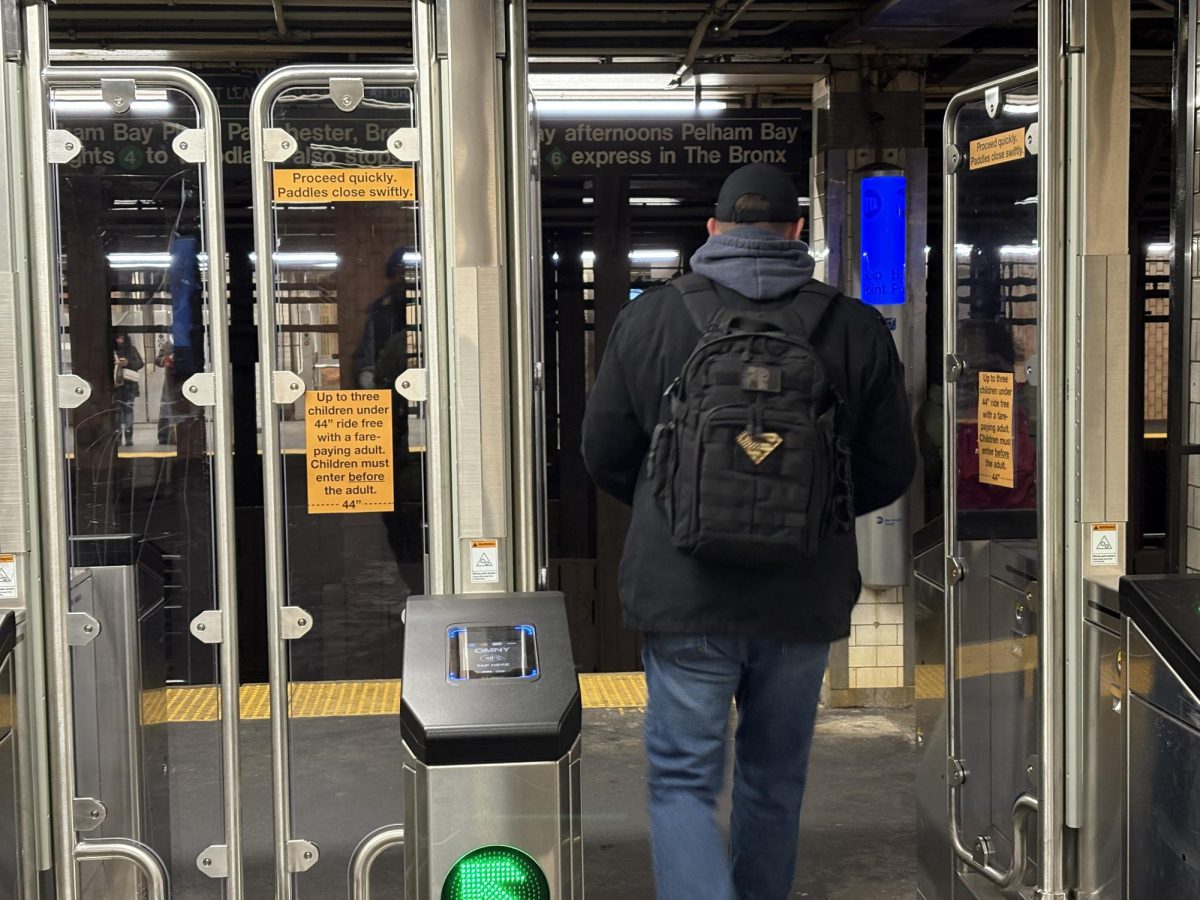With over 16,000 students enrolled at Baruch College, students know the horror stories when it comes to registering for classes — especially the core classes that can be extremely competitive to get into.
Along with the stress of registration comes the stress of long waits at the academic advisement office, located on the fifth floor of the Newman Vertical Campus. However, earlier last month, advisement changed its walk-in policy to appointment-based visits only. It is now mandatory for students to have an appointment to be seen by an adviser.
Almost every student who has been to the academic advisement office has experienced the long wait time before meeting with an adviser, which only builds on their anxiety of having to make big, life-changing decisions.
The students who come to the office are there to either change their majors, clear up confusion about which courses to take in order to graduate on time or have no idea where their life is headed in terms of their academics. These students want and need the best advisement possible.
“Last semester, I went to advisement because my DegreeWorks said I was behind a few credits so I was worried I wasn’t gonna graduate on time — and like I went to advisement to ask them what I should do right?” senior Christopher Cordero said.
“I was there for over an hour, and at one point I had to pee, but I was scared to leave because what if they had called my name right when I left.”
The Ticker has written multiple editorials on the academic
advisement process being inefficient. In response to comments like Cordero’s, the advisement office decided to fix the glaring problem. A flyer posted outside of the office reads: “You spoke, we listened!” and continues, “The long wait times are over!” Prior to October 2019, the academic advisement office offered walk-in hours during the weekdays that consisted of a one-on-one session with an adviser for 15 minutes. Now, the academic advisement office only takes students by appointment, for either 15 or 30-minute sessions.
Same-day appointments are possible when available but must be done at least 30 minutes in advance of the scheduled time. In an interview with The Ticker, Executive Director of the Office of Undergraduate Advisement and Orientation Sharon Ricks explained that the appointment-based policy has already been more successful than the walk-in policy.
“Last year, from October 1 – 24, 2018, we advised 1,376 students. This year, from October 1 – 24, 2019, we advised 1,626 students,” Ricks said. However, one issue with this current policy is some students schedule appointments and don’t show up, which takes away the time slot for someone else who may need it and will be present at the appointment.
“Unfortunately, during the first three weeks, we had 242 no-shows,” Ricks explained “Students should cancel their appointment if they are unable to come in for their session. This will allow another student to use the slot.”
If the appointment slots are full and students need to see an adviser immediately, students should schedule appointments in advance during slower days and not wait right before their registration date to make an appointment.
“The best advice is for students to plan early and schedule their advisement session at least three to four weeks prior to the start of the registration period,” Ricks said.
She also mentioned that the office offers appointments throughout the year and is open during the winter and summer sessions, including spring break. In a survey conducted by The Ticker, students were asked their thoughts on the academic advisement office’s removal of walk-ins. All responses were anonymous.
“This will force students to plan in advance and make appointments earlier in the semester,” one student said.
Another expressed their concerns by saying, “Sometimes we have emergencies and I think that having walk-ins help us in those emergency situations.”
As for which is the better option, one student expressed their preference of having both.
“I feel that there should be appointments and walk-ins,” the student said.
“The appointment system was sorely needed. The walk-in-only system was unfair to students that worked and were not able to plan around waiting an hour to meet with the adviser.”
The student continued, “However, it must be acknowledged that some Baruch students are last minute and will need their answers immediately. They are willing to pay the price of procrastination and wait an hour to meet with the adviser. Therefore, we should have both. Certain advisers dedicated to walk-ins and others for appointments.”








